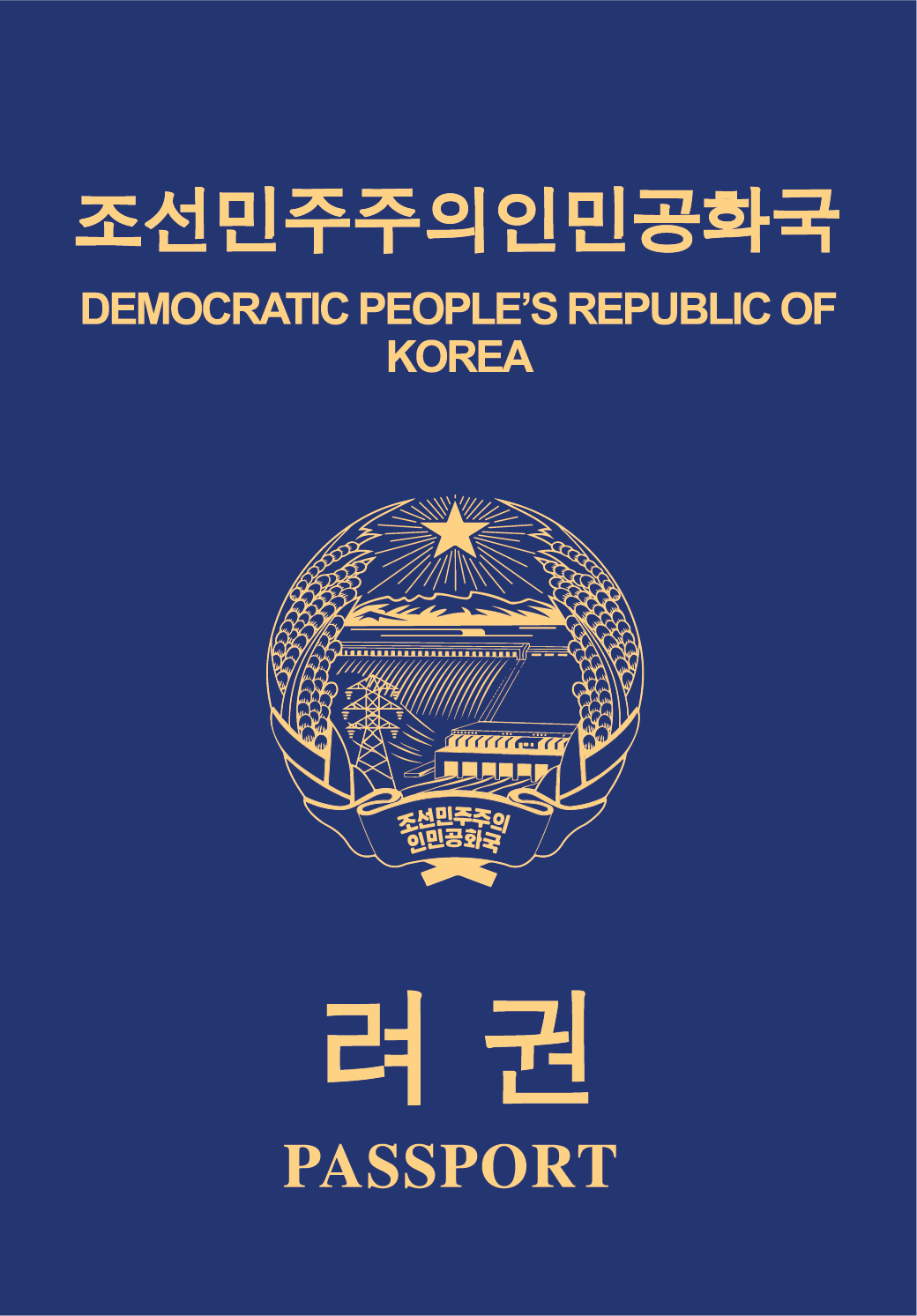Visa free access for North Korea
As a North Korea passport holder, you are permitted to travel visa-free to 40 countries and territories. This data is correct as of March 2024.
In order to travel visa-free, you will need a valid passport, often with at least six months until expiry. Additionally, you may need travel insurance, as required by your destination country.
Within these countries, there is often a separate section in airports where you can submit your Visa on Arrival. You will receive your visa on arrival (VOA) after entering the country that issued the visa.
Acquiring an eVisa follows the same process as applying for a traditional visa. The main difference with an eVisa is that you don’t need to visit a visa application centre. You can submit your application online, including making any payments relating to the visa.
Once the relevant authorities approve your application, you will receive a confirmation email regarding your visa status, along with a document that you must print and bring with you when crossing the border.
You will need a valid visa to enter the 40 countries with a North Korea passport.
About North Korea
North Korea, officially known as the Democratic People’s Republic of Korea (DPRK), is a country in East Asia, occupying the northern half of the Korean Peninsula. It shares borders with China and Russia to the north, and South Korea to the south. North Korea’s population is estimated at approximately 25.6 million people, predominantly of Korean descent.
The climate in North Korea is characterized as a combination of a continental climate and an oceanic climate, with four distinct seasons. Winters are generally long, cold, and dry, while summers are short, hot, and humid. The country’s landscape is dominated by mountain ranges, with the highest peak being Mount Paektu.
North Korea’s culture is heavily influenced by its political system, with a strong emphasis on loyalty to the state and the ruling Workers’ Party. The country is known for its music, dance, and literature, which are often used as tools of propaganda.
The economy of North Korea is one of the world’s last centrally planned systems. The state controls all major sectors of the economy and formal private economic activity is minimal. Despite this, informal market activity, small-scale private trade and services, has been growing. However, the country faces numerous economic challenges, including chronic economic problems and food shortages.
North Korea remains one of the most isolated and secretive nations in the world, making it a subject of great interest and speculation.

 North Korea
North Korea
































































































































































































































